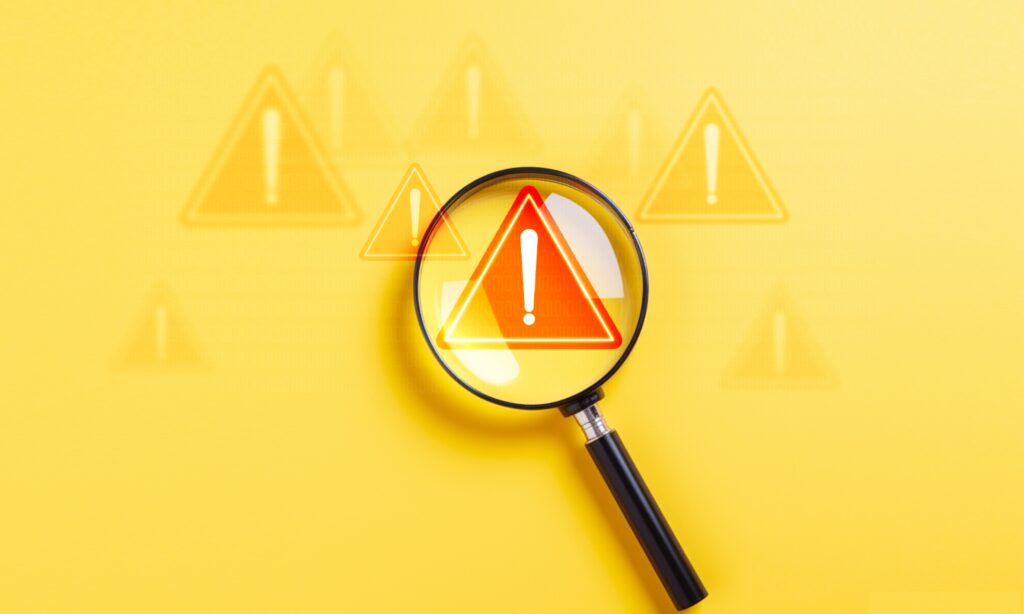The Dangers of Kratom
Kratom is an herbal substance, sometimes described as a medicinal tea, that can produce opioid and stimulant-like effects. Used for centuries in Thailand as a medicinal herb, over the last few years there has been a surge in its use domestically, with corresponding levels of hospitalizations from its harmful effects. Consider these four reasons to think of kratom as a drug, not an herbal supplement or addiction recovery aid.
It’s addictive. People who report consuming kratom often begin to do so habitually, increasing their dosage from occasional recreational use to an everyday activity. Often people who try to cut back or stop ingesting kratom altogether experience symptoms of withdrawal as powerful as those associated with opiate cessation. To date there have been several reported cases of people whose withdrawal was so severe that time in a rehabilitation facility was necessary in order to establish abstinence from the substance.
It can make you vulnerable to relapse. Many begin using kratom as a natural alternative to stronger opiates such as heroin, because of the way it mimics heroin’s interactions with the brain and body chemistry. Kratom’s sale in bar-like settings can also be a source of confusion for the casual user, sending signals that its recreational use is considered safe. But as tolerance for kratom builds, returning to or taking up heroin can seem like a faster route to the addicted person’s goal of higher highs at a lower cost. Because of kratom’s addictive qualities and propensity for abuse, anyone in recovery from substance abuse should refrain from consuming kratom; it can cause relapse.
State and health authorities are restricting its use or banning it. Although the Drug Enforcement Agency (DEA) has described kratom as a “drug of concern” and the FDA (Food and Drug Administration) banned its import into the United States in 2014, it is permitted at present to be sold in most places, even to minors. However, individual states are beginning to take action in response to the damage kratom is doing to their communities. Four states have already banned the drug independent of its federal status and more have prepared legislative bills to enact similar bans pending further research into its effects. Thailand and several South Asian countries have banned the use of kratom as well.
There’s still a lot we don’t know. Academic research into exactly how kratom affects the brain and the person as a whole is in its infancy at this time. Some effects of kratom, such as increased numbers of hospitalizations in connection to its use, are strikingly visible without additional studies. Whether the drug is able to treat conditions like arthritis or symptoms such as muscle pain, as championed by its proponents, remains to be seen. Safety and efficacy studies should be done on any substance that claims to have medicinal uses.
At present, kratom is unregulated and its effects are largely unknown. While it may have medicinal properties, it is often used by teens and young adults who don’t have any idea that the drug is addictive, how to dose it, or what the long-term effects are. People struggling with opioid addiction who are looking for an alternative to opioids often turn to kratom with detrimental outcomes. Kratom is not a substance to be used casually. While we encourage researchers to explore the potential medicinal effects the drug may have so that it can be used properly, in a clinical setting, kratom should not remain unregulated and available for casual use, particularly to minors.
When to Seek Professional Treatment
When you recognize harmful patterns and seek treatment, you can increase your chances of leading a healthier life. Cliffside Malibu is here to support you in your search for a substance-free life. We believe you deserve to have a private, comfortable and luxurious environment as you navigate your journey to a more fulfilling life. Our center allows you to explore your mental health needs, creates a treatment plan that is unique to you and allows you to discover beneficial coping skills that help you resist turning to substances to cope.
You’re never alone in your journey to well-being when you’re with us. Plus, once you complete treatment, you’ll have unlimited free access within the first year to our virtual support system Discovery365™, a unique AI-powered 16-point interactive assessment and check-in program. With this revolutionary safety net, we use breakthrough, proprietary technology to intervene when you need additional support during the most crucial time in recovery.
Contact us today to speak confidentially with one of our caring admissions counselors and discover how you’ve always had the power within yourself to overcome life’s challenges!
